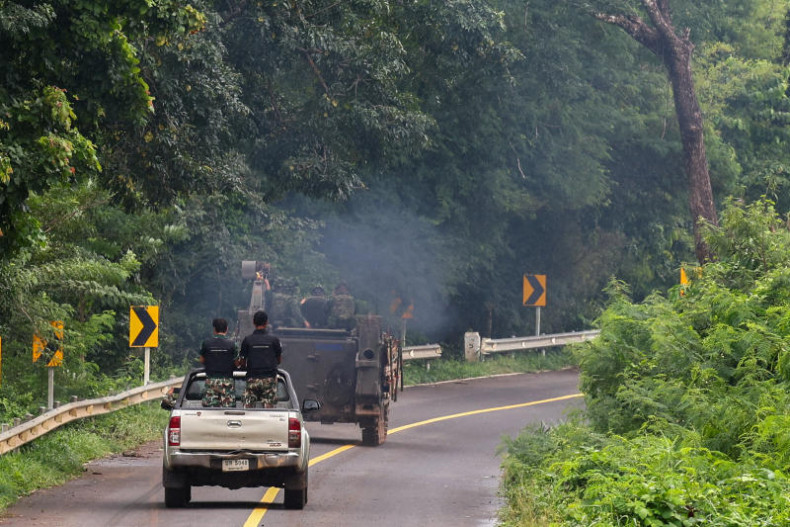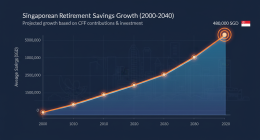Addressing the Surge in Foreign Patients
Reports of an influx of foreign patients seeking medical treatment at hospitals along the Thai-Myanmar border have raised concerns about the capacity of Thailand’s public healthcare system. However, health officials and doctors are clarifying the situation, stating that the narrative surrounding this issue may be exaggerated.
Public Health Ministry’s Stance
In an interview with the Bangkok Post, Montien Kanasawadse, deputy permanent secretary of the Public Health Ministry, emphasized that Thailand’s healthcare system is designed to provide basic healthcare access to everyone within its borders, regardless of nationality.
- Eligibility for Free Healthcare: Dr. Montien pointed out that only three groups of non-Thai nationals qualify for free healthcare services in Thailand: stateless individuals verifying their nationality, foreign workers with work permits registered under social security, and migrant workers under a foreign health insurance fund.
The Origin of Public Concerns
Social Media Influence
Public anxiety about foreign patients began with a post on a Facebook page called Drama-addict, which claimed that border hospitals were overwhelmed by non-Thai patients seeking to benefit from Thailand’s universal healthcare system.
- Claims of Increased Maternity Cases: The post also suggested that a growing number of pregnant migrants were arriving at Thai hospitals to give birth in hopes of securing Thai citizenship for their children.
Expert Opinions on Healthcare Strain
Criticism from Healthcare Reform Advocates
Dr. Thiravat Hemachudha, a member of the national committee on public healthcare reform, expressed concerns that the Public Health Ministry is overlooking a significant issue that could strain public healthcare resources.
- Financial Implications: He warned that an increase in foreign patients could exacerbate existing challenges within the healthcare system and called for better management and support from international agencies to improve healthcare in neighboring countries.
Reality on the Ground
Insights from Local Hospitals
A senior doctor at Mae Sot Hospital in Tak province shared that while non-Thai patients do account for a substantial portion of their clientele—around 40%—the situation is manageable. Most non-Thai patients pay for their services, and those unable to afford care are often supported by international NGOs.
- Operational Support: The hospital benefits from various funding sources, including Thailand’s 30-baht universal healthcare scheme and specific funds for stateless individuals.
Government Funding and Support
Allocations for Border Healthcare
Dr. Supakit Sirilak from the Health Systems Research Institute noted that the government allocates funds annually to support hospitals along the border and cater to stateless populations.
- Clarifying Misconceptions: He acknowledged that misunderstandings about foreign patient eligibility could lead to public tension but reassured that not all foreign patients qualify for free services.
Balancing Humanitarian Needs and Public Resources
While concerns about an influx of foreign patients at border hospitals persist, health officials assert that the situation is being managed effectively within Thailand’s healthcare framework. By addressing misconceptions and ensuring proper resource allocation, Thailand can continue to provide necessary care while maintaining its commitment to humanitarian support for neighboring countries.









